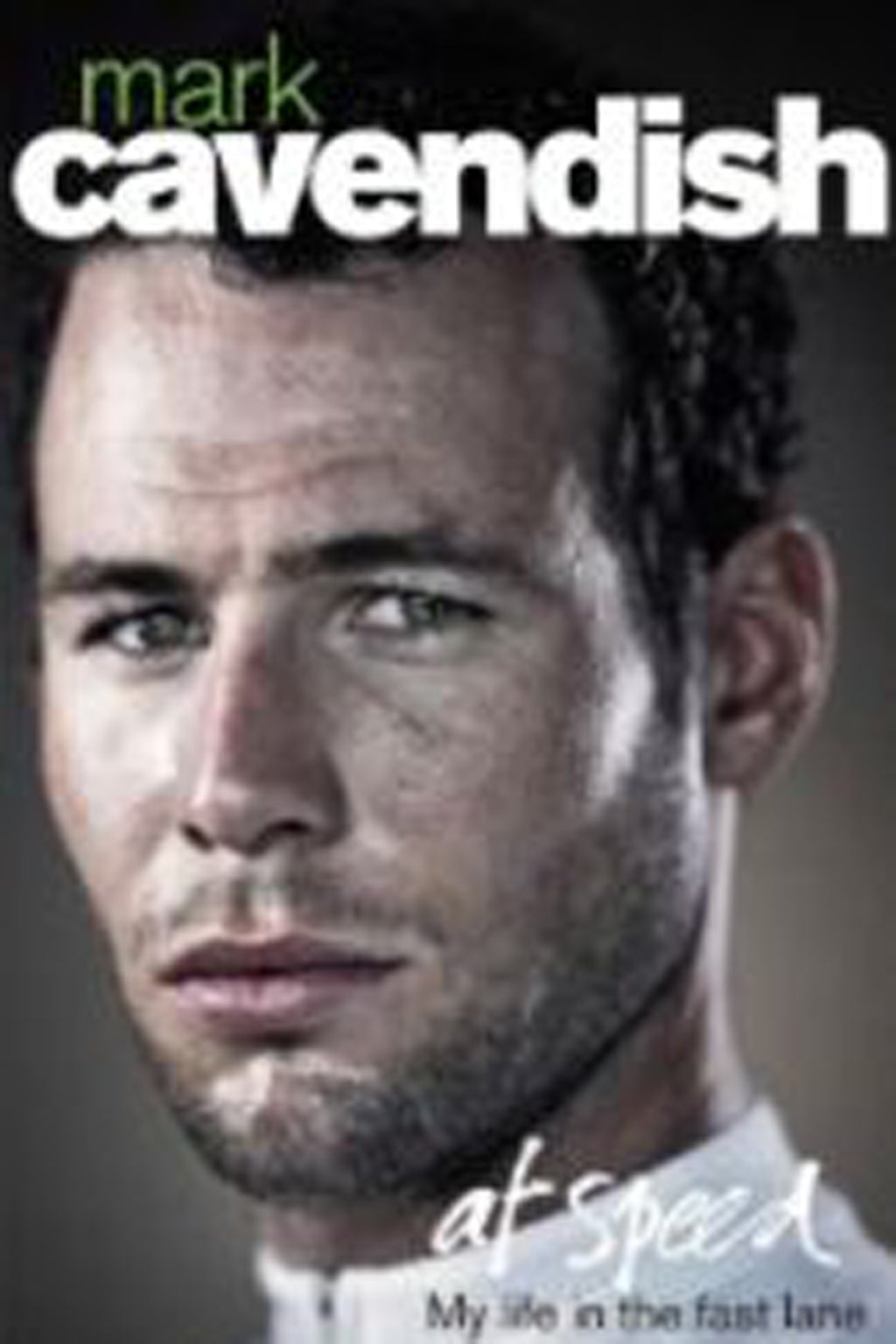At Speed: My Life in the Fast Lane by Mark Cavendish
Book of the week

Your support helps us to tell the story
From reproductive rights to climate change to Big Tech, The Independent is on the ground when the story is developing. Whether it's investigating the financials of Elon Musk's pro-Trump PAC or producing our latest documentary, 'The A Word', which shines a light on the American women fighting for reproductive rights, we know how important it is to parse out the facts from the messaging.
At such a critical moment in US history, we need reporters on the ground. Your donation allows us to keep sending journalists to speak to both sides of the story.
The Independent is trusted by Americans across the entire political spectrum. And unlike many other quality news outlets, we choose not to lock Americans out of our reporting and analysis with paywalls. We believe quality journalism should be available to everyone, paid for by those who can afford it.
Your support makes all the difference.Cycling’s greatest sprinter has been described variously as “a d***head”, “not a nice bloke” and “headstrong”. It is a mark of the honesty he shows throughout his second autobiography that these are all names Mark Cavendish calls himself.
Having dealt with his early years in Boy Racer, Cavendish here focuses on his past four seasons, a tumultuous period which saw him become only the second British cyclist to win the World Road Race Championship and only the fifth rider to take the points title in all three Grand Tours, and extend his Tour de France stage-win tally to 23. But there was also disappointment at the London Olympics, and fall-outs with his trade teams – he is on to his third in four years.
The Manx Missile is his own hardest taskmaster, so when he does put the boot in on others, you sit up and take notice. He is particularly scathing about Sean Yates, Team Sky’s directeur sportif at the 2012 Tour; while accepting that guiding Bradley Wiggins to victory was the team’s primary objective, Cavendish felt excessive caution denied him more stage wins, and he quit Sky soon after the Tour ended.
Yet he is quick to praise those who have helped him, be they team-mates coaches or managers, and can be very generous to those he feels deserve it. He cheerfully led the Isle of Man team, half of whom were amateurs, in a doomed cause in the road race at the 2010 Commonwealth Games, and stayed on to fetch and carry for the electrician and plumber competing in the time trial three days later.
In a downbeat epilogue, Cavendish acknowledges that at 28 his “best years as a sprinter are more likely to be behind than in front of me”, and senses the younger generation looming up on his shoulder. We shall see; but in the unlikely event he never wins again, he will still have left a hell of a legacy.
Published in hardback by Ebury, £20
Join our commenting forum
Join thought-provoking conversations, follow other Independent readers and see their replies
Comments